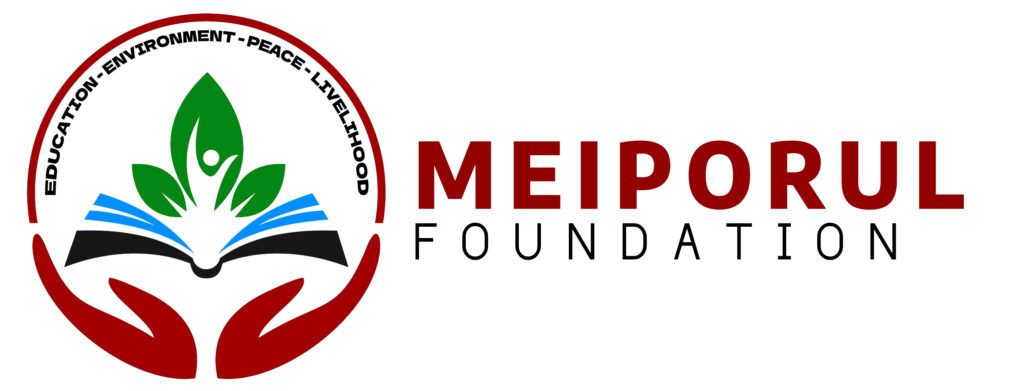Cultivating Holistic Education: Community Schooling as a Transformative Social Movement
Community schooling represents a paradigm shift in education, moving beyond the traditional confines of rote learning and competitive environments. It envisions a holistic educational framework that fosters compassionate, well-rounded individuals, equipped not only with factual knowledge but also with critical thinking, empathy, and a profound understanding of diverse perspectives, all grounded in the principles of nonviolence.
Traditional educational models often prioritize the accumulation of facts and data, neglecting the development of essential life skills and the cultivation of a nuanced understanding of the world. This narrow focus can lead to a fragmented and incomplete educational experience, failing to prepare students for the complexities of modern life.
Community Schooling: A Holistic and Nonviolent Approach:
In contrast, community schooling advocates for a blended educational approach that seamlessly integrates factual knowledge with experiential learning, critical analysis, the exploration of diverse viewpoints, and the active practice of nonviolence. This approach emphasizes the following key principles:
- Education Beyond the Blackboard: Moving beyond textbook-centric learning, community schooling encourages hands-on activities, real-world applications, and engagement with the local community, all while promoting peaceful interactions.
Fostering Compassion, Empathy, and Nonviolence: Cultivating a culture of mutual respect, understanding, empathy, and nonviolent communication is central to community schooling, promoting social and emotional development alongside academic achievement.
Integrating Diverse Perspectives and Promoting Peaceful Dialogue: Encouraging students to explore multiple viewpoints, engage in critical thinking, and practice respectful dialogue fosters a deeper understanding of complex issues and promotes intellectual curiosity, while simultaneously cultivating skills in nonviolent conflict resolution.
Experiential Learning and Nonviolent Action: Blending theory with practice through projects, collaborations, and community involvement creates meaningful learning experiences that resonate with students, while also providing opportunities to practice nonviolent action and peaceful advocacy.
Emphasis on Conflict Resolution: Explicit instruction on nonviolent communication, mediation, and conflict transformation techniques.
Building Sustainable Educational Ecosystems for Peace:
Recognizing that transformative educational change requires sustained effort and collaboration, community schooling promotes the creation of localized clusters. These clusters, composed of dedicated individuals, educators, and community members, work collaboratively to:
- Foster Mutual Respect, Love, Sharing, and Nonviolent Communication: Creating a supportive and inclusive environment where students feel valued, empowered, and equipped to communicate peacefully.
- Dedicate to Children Education with a Focus on Peacebuilding: Providing consistent support and guidance to ensure students’ academic, social, and emotional growth, while also prioritizing the development of peacebuilding skills.
Promote Collaborative Learning and Nonviolent Problem-Solving: Encouraging peer-to-peer learning and mentorship, fostering a sense of shared responsibility and collective growth, and teaching students how to solve problems without resorting to violence.
The Long-Term Vision for a Peaceful Future:
Community schooling, with its emphasis on nonviolence, is not a quick fix; it is a long-term commitment to nurturing a generation of responsible, compassionate, critically thinking, and peace-loving individuals. By fostering collaborative learning environments, prioritizing holistic development, and actively promoting nonviolent principles, community schooling aims to create a more equitable, just, and peaceful society, where education empowers individuals to thrive and contribute meaningfully to their communities as agents of peace.
